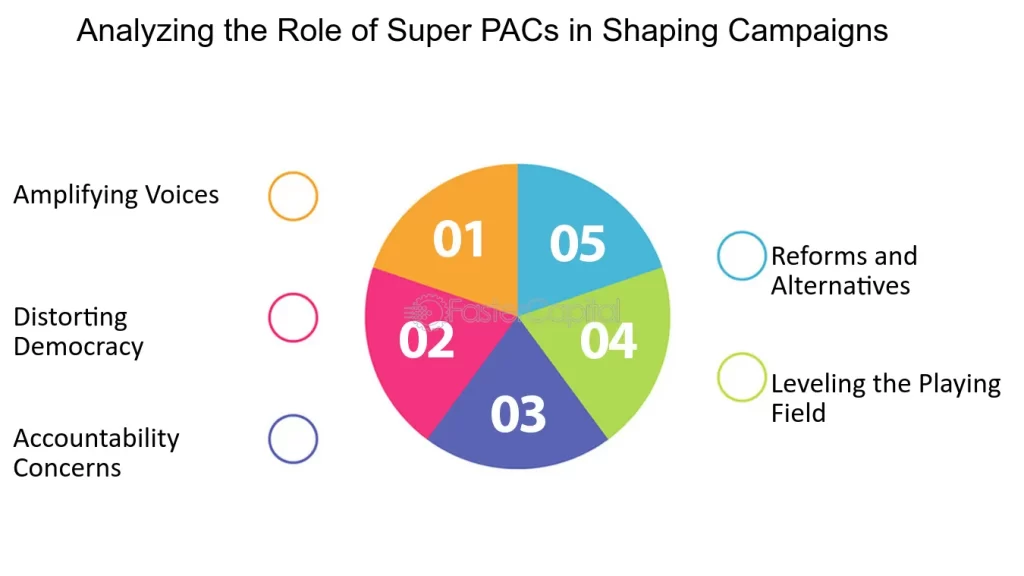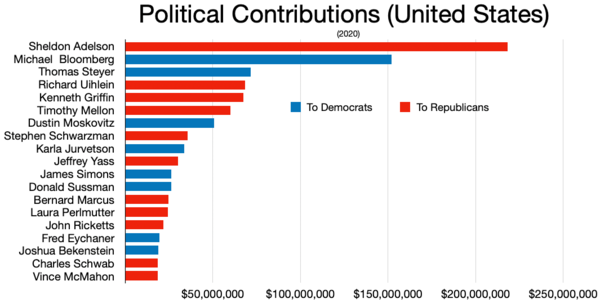How to Donate to Political Campaigns in the USA
In the United States, political campaigns need donations to run smoothly. These donations help pay for advertisements, events, and other campaign expenses. If you’re interested in supporting a candidate or a political cause, there are several ways to donate. In this guide, we’ll cover everything you need to know about donating to political campaigns in the USA, from the basics to understanding the rules.
Why Donate to Political Campaigns?
Donating to political campaigns allows you to support candidates or causes that align with your beliefs. Your contributions help them reach more people, spread their message, and, ultimately, win elections. When you donate, you become part of the democratic process by helping shape the future of policies that matter to you.
Political donations also signal your commitment to a candidate or issue. The more money a campaign has, the more likely it is to reach undecided voters and sway the outcome of an election. Even small contributions can make a big difference when combined with donations from other supporters.
Ways to Donate to Political Campaigns
There are several ways you can contribute to political campaigns in the USA. Here are the most common options:
- Online Donations: Most political campaigns have websites where you can donate with a credit or debit card. This is one of the easiest and most popular ways to contribute.
- Mail-in Donations: You can also send a check or money order to a campaign’s mailing address. This method may be preferred by those who want to avoid online transactions.
- Fundraising Events: Many campaigns host fundraising events like dinners or rallies. Attendees often have the chance to donate directly or buy tickets, with the proceeds going to the campaign.
- Text-to-Donate: Some campaigns offer text-to-donate options, allowing supporters to give money by sending a text message.
- In-kind Donations: Instead of giving money, you can also donate goods or services, such as food for campaign volunteers or office supplies.
Understanding Federal and State Campaign Finance Laws
Campaign finance laws in the USA are designed to regulate how much money can be donated and where it can come from. These rules vary depending on whether you’re donating to a federal, state, or local campaign.
At the federal level, the Federal Election Commission (FEC) oversees donations. Here are the key rules:
- Individuals can donate up to $3,300 per election to a candidate.
- Individuals can give a maximum of $10,000 per year to state or local party committees.
- There are limits on how much Political Action Committees (PACs) can donate, but there’s no limit on donations to Super PACs, which can spend unlimited amounts on campaigns.
State laws can differ significantly. Some states have no limits on donations, while others set strict caps. It’s important to check the specific laws for the state where you plan to donate.
The Difference Between Direct and Indirect Donations
When donating to a political campaign, you can give directly to the candidate’s campaign or indirectly to other organizations that support the candidate or cause. Here’s how they differ:
- Direct Donations: These go straight to the candidate’s official campaign and can be used for advertising, staff salaries, events, and other campaign needs. Direct donations are subject to federal and state limits.
- Indirect Donations: These are made to groups like Political Action Committees (PACs) or Super PACs. PACs have donation limits and can contribute directly to campaigns. Super PACs, on the other hand, can raise and spend unlimited amounts of money, but they cannot donate directly to candidates or coordinate with their campaigns.
How to Choose a Candidate or Cause to Support
Before you donate, it’s important to decide which candidate or cause you want to support. You might already have someone in mind, but if you’re unsure, here are a few things to consider:
- Research the Candidate’s Platform: Make sure the candidate’s views align with your own. You can find information on their official website, social media, or news articles.
- Check Their Track Record: If the candidate has held office before, look at their past actions and votes. Have they supported policies you agree with?
- Consider the Cause: If you’re donating to a cause, research the organization behind it. Make sure they’re reputable and use their donations effectively.
Tips for Donating Responsibly
While it’s exciting to support a campaign, it’s important to donate responsibly. Here are some tips:
- Set a Budget: Determine how much you can afford to give without straining your finances. Remember, political donations are not tax-deductible.
- Spread Your Donations: Instead of donating a large sum at once, consider making smaller donations over time. This can help a campaign with a steady stream of funds throughout the election season.
- Beware of Scams: Unfortunately, there are scammers who may try to take advantage of your goodwill. Only donate through official campaign websites or trusted platforms. Avoid giving personal information to unfamiliar sources.
- Know Your Rights: You are not obligated to donate to any campaign, and no one should pressure you into contributing. If you feel uncomfortable, it’s okay to say no.
What Happens to Unused Campaign Donations?
Campaigns don’t always spend all the money they receive, especially if a candidate loses or drops out of the race. So, what happens to the leftover funds?
- Debt Repayment: Campaigns often have debts, and leftover donations may be used to pay them off.
- Future Elections: The candidate can save the money for future campaigns if they plan to run again.
- Donating to Charity or Party Committees: Some campaigns choose to donate their leftover funds to charities or political party committees.
- Refunds: In rare cases, a campaign might offer to return unused donations to the donors.
The Role of Super PACs and Dark Money

Super PACs and “dark money” groups play a big role in modern political campaigns. While Super PACs must disclose their donors, dark money groups don’t, making it harder to know who’s funding certain campaigns.
- Super PACs: These groups can raise and spend unlimited amounts of money, but they cannot coordinate directly with campaigns. They often produce ads or run events in support of candidates.
- Dark Money Groups: These organizations, like 501(c)(4) nonprofits, are not required to disclose their donors. They can spend money on political activities but face some restrictions on how they can operate.
Conclusion
Donating to political campaigns in the USA is a great way to support candidates and causes you believe in. By understanding the rules, choosing a candidate wisely, and donating responsibly, you can make a positive impact in the democratic process. Whether you give a little or a lot, your contribution matters!










